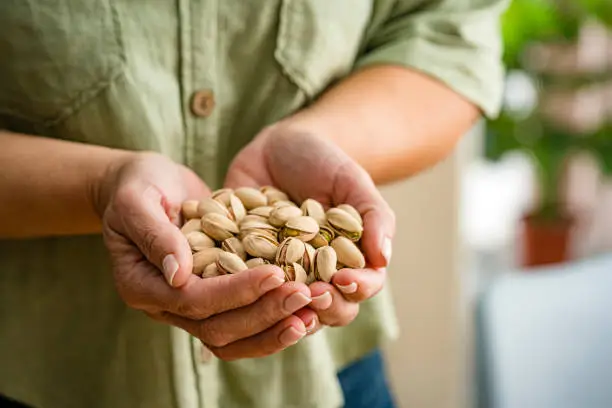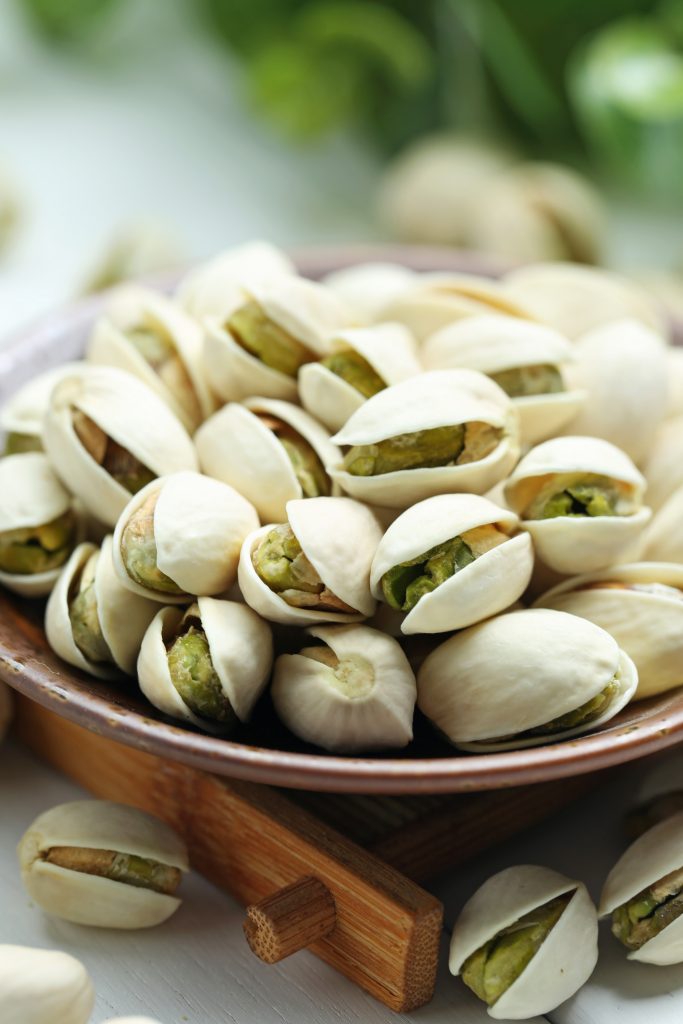
The international trade of pistachios is a dynamic sector, with wholesale buyers constantly seeking reliable sources of high-quality nuts. As consumer awareness regarding health and environmental sustainability intensifies, the distinction between organic and conventionally grown pistachios becomes increasingly relevant for bulk purchasers. This article aims to provide a professional overview for wholesale buyers, highlighting the practical implications of choosing between organic and conventional pistachios.

Understanding the Core Differences:
The fundamental divergence lies in the agricultural methodologies employed. Organic pistachio farming adheres to a stringent set of rules designed to promote ecological balance and conserve biodiversity. Conversely, conventional farming practices, while regulated, permit the use of synthetic agricultural inputs.
- Input Management:
- Organic: Relies on natural inputs for soil fertility (compost, manure) and pest/disease control (natural predators, biological controls, approved natural pesticides). The prohibition of synthetic fertilizers, pesticides, herbicides, and GMOs is a cornerstone.
- Conventional: Allows for the use of synthetic fertilizers to boost yield, and synthetic pesticides, herbicides, and fungicides for proactive pest, weed, and disease management.
- Environmental Stewardship:
- Organic: Focuses on building soil health, conserving water, reducing chemical runoff into ecosystems, and supporting beneficial insect populations. This holistic approach aims for long-term environmental sustainability.
- Conventional: While efforts are made to mitigate environmental impact, the inherent nature of synthetic inputs poses potential risks to soil, water quality, and non-target species if not managed with extreme care.
- Certification and Traceability:
- Organic: Products must undergo rigorous third-party certification processes, providing a verifiable chain of custody and adherence to organic standards. This offers a significant level of assurance to buyers.
- Conventional: Subject to general agricultural regulations and food safety standards, but without the specific, detailed organic certification requirements.
Implications for Wholesale Buyers:
- Market Segmentation: The market for pistachios can be segmented into organic and conventional consumers. Buyers who can source both or specialize in one cater to different consumer demographics and price points. Organic pistachios appeal to health-conscious consumers, while conventional options serve a broader market, often prioritizing price.
- Supply Chain Integrity: The rigorous certification of organic pistachios ensures a higher degree of supply chain integrity and transparency regarding farming practices. This can simplify due diligence for wholesale buyers.
- Risk Management: By choosing certified organic, buyers may mitigate risks associated with potential regulatory changes concerning synthetic chemical use or evolving consumer perceptions about chemical residues.
- Product Positioning: Offering organic pistachios allows for premium product positioning and can attract customers willing to pay more for perceived health and environmental benefits. This can be a significant competitive advantage.
- Operational Considerations: While organic farming methods may sometimes present unique challenges (e.g., pest management requiring more proactive strategies), they often result in a product with a cleaner profile. Wholesale buyers need to consider storage and handling to maintain the quality of both types of pistachios.
Key Considerations for Bulk Procurement:
- Supplier Due Diligence: Thoroughly vet potential suppliers for both organic and conventional pistachios. For organic, verify their certification status and audit trail.
- Quality Assessment: Establish clear quality parameters (size, color, absence of defects, moisture content) that apply to both categories, while understanding that subtle differences in flavor profile might exist due to farming methods.
- Logistics and Storage: Ensure that your logistics and storage facilities can handle pistachios appropriately, preventing cross-contamination, especially if handling both organic and conventional products.
- Regulatory Compliance: Stay abreast of import/export regulations, food safety standards, and labeling requirements for both organic and conventional pistachios in your target markets.
In summary, the decision between sourcing organic and conventional pistachios hinges on market strategy, consumer demand, and a thorough understanding of the associated farming practices and market premiums. Both categories play a vital role in the global pistachio trade, offering distinct value propositions for wholesale buyers aiming to serve diverse customer needs.
Keywords: Wholesale nuts, bulk pistachios, organic produce, conventional agriculture, pistachio market trends, food supply chain, sustainable sourcing, bulk fruit and nuts, nut distributors, agricultural practices, food safety standards, organic certification, consumer demand, premium products, international trade.
Contact Information for Wholesale Purchases:
For wholesale inquiries and purchases of pistachios and dried fruits, please contact:
Mr. RavanShad
WhatsApp: +989214773705
This contact information is provided for business purposes and can be used by potential wholesale buyers.

